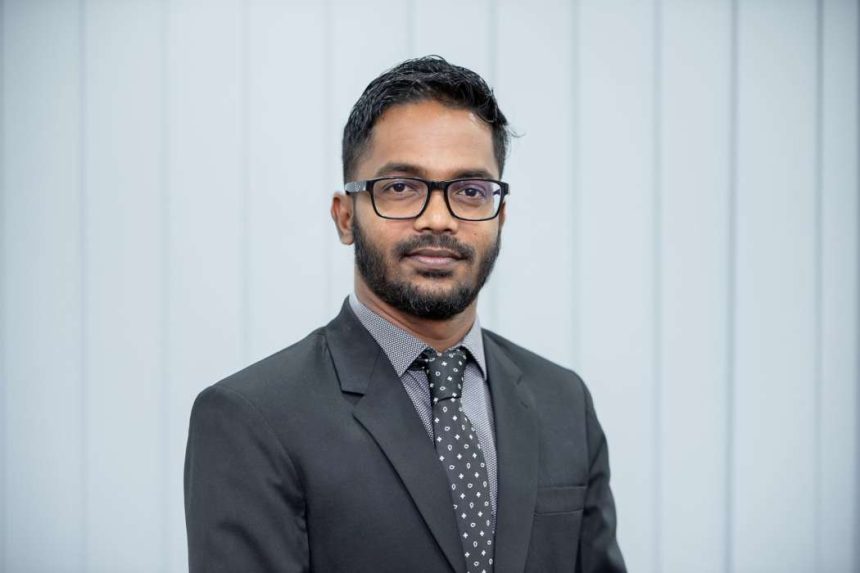In a bold move to uphold legal integrity and accountability, prominent lawyer Attorney Shihad Ibrahim has filed a formal complaint against the Vice President of the Bar Council of the Maldives, Attorney Ibrahim Shameel, accusing him of abusing his position and violating procedural protocols.
The complaint, addressed to Bar Council President Hussein Siraj, centers on an incident that occurred on July 19 in the official Telegram group “Vakeelunge’ Maa’lan,” where legal professionals actively exchange views. Shihad had posted a harmless video clip from a foreign legal drama, intended purely for discussion and protected under Article 27 of the Constitution, which guarantees freedom of expression.
However, the situation took an alarming turn when a group member, without valid grounds, tagged Vice President Ibrahim Shameel, suggesting disciplinary action against Shihad. Astonishingly, within just eight minutes, Shameel responded publicly in the group, stating that the Bar Council would look into the matter — a response that Shihad argues was not only premature but legally flawed and procedurally impossible.
According to the Bar Council’s own regulations — namely Regulation No. 47-R/2020 and Guideline No. 37-G/2023 — an investigation can only be initiated following the formal registration of a complaint and a subsequent decision by the Executive Committee. Shihad asserts that such procedural steps could not have legally occurred within the short eight-minute window, indicating that Shameel acted unilaterally, misusing his authority and undermining the Bar Council’s credibility.
In his letter, Shihad accuses Shameel of threatening him publicly in the name of the Bar Council, despite no formal decision from the Executive Committee. He contends that this constitutes a clear breach of the integrity standards required for the office of Vice President and demands an official investigation into Shameel’s conduct.
Highlighting the broader implications, Shihad warns that such misuse of official channels to intimidate lawyers could inflict irreversible harm on the legal sector’s independence and credibility. He stresses that without swift and firm disciplinary action, the incident could set a dangerous precedent of executive overreach within the country’s legal institutions.
This complaint has cast a spotlight on the internal workings of the Bar Council and raised serious questions about the transparency, accountability, and professionalism of its leadership. As legal professionals and the wider public await the Council’s response, many view this as a critical test of its commitment to ethical governance — one that could either restore faith in the institution or deepen doubts about its impartiality.
Shihad’s courageous stand is now seen as a rallying call for reform-minded lawyers and justice advocates who seek to protect the legal profession from politicization and personal vendettas.




